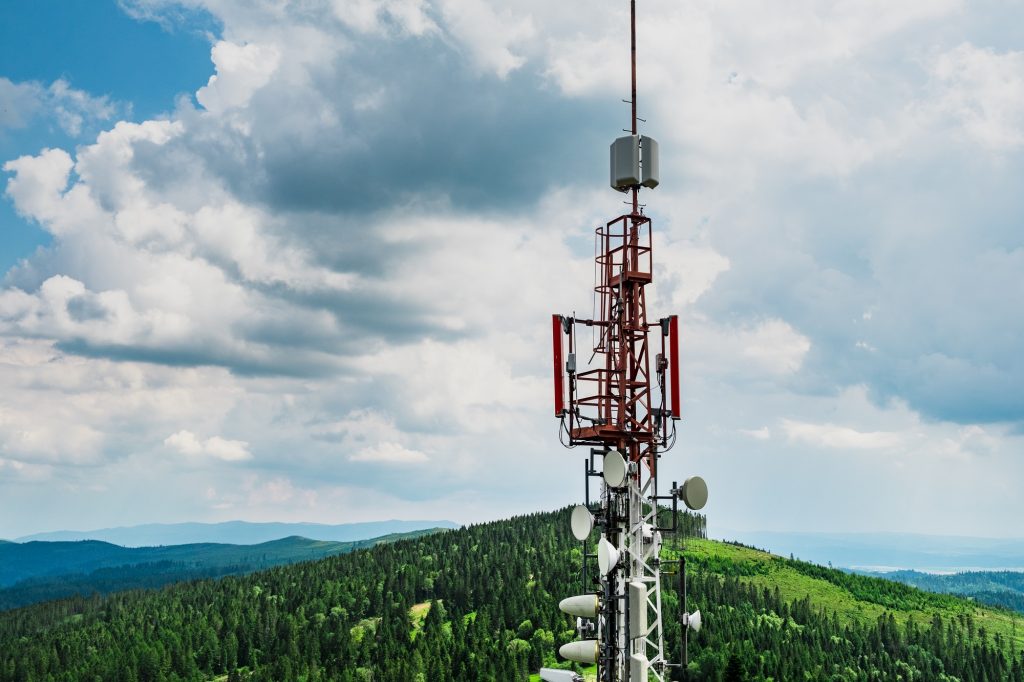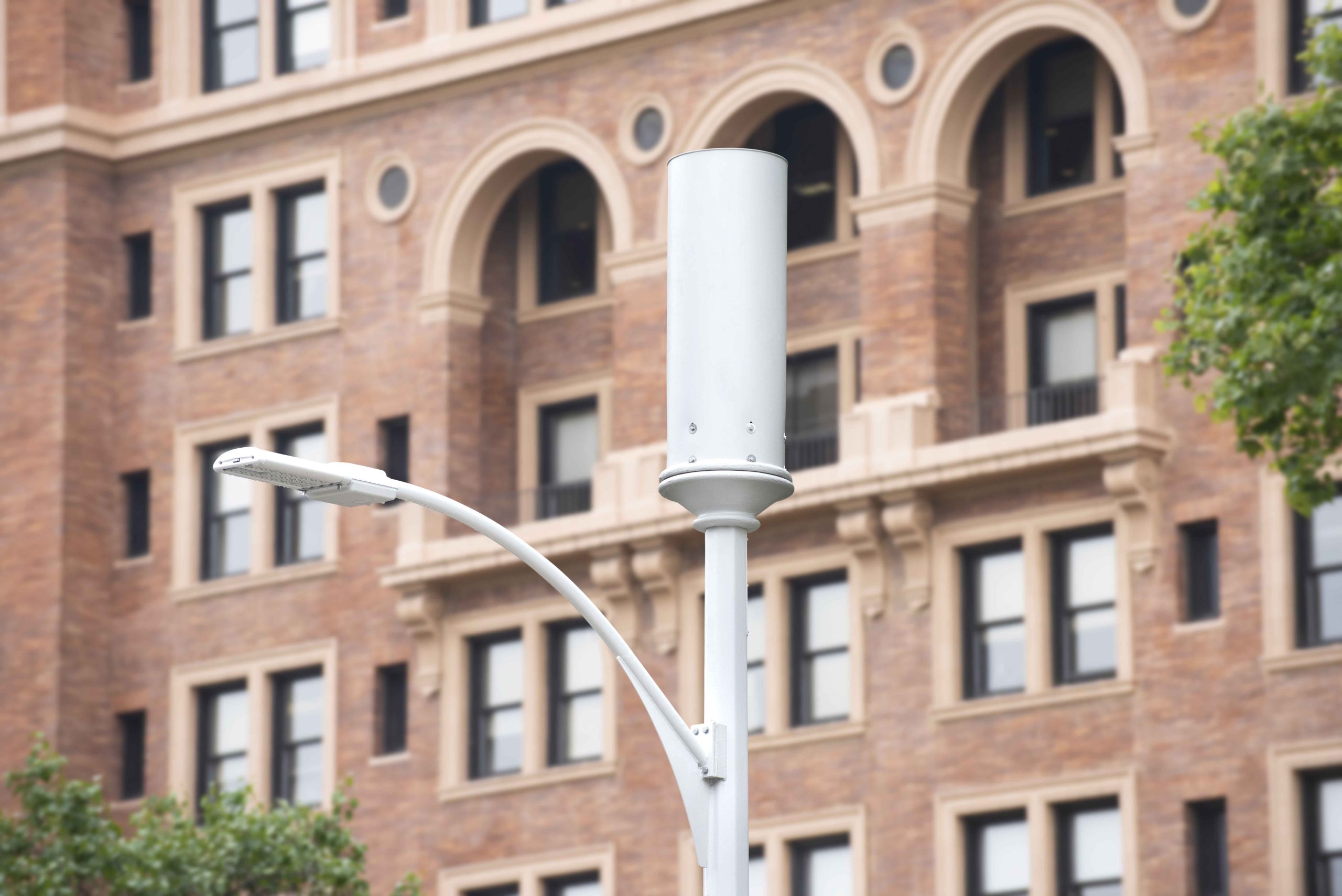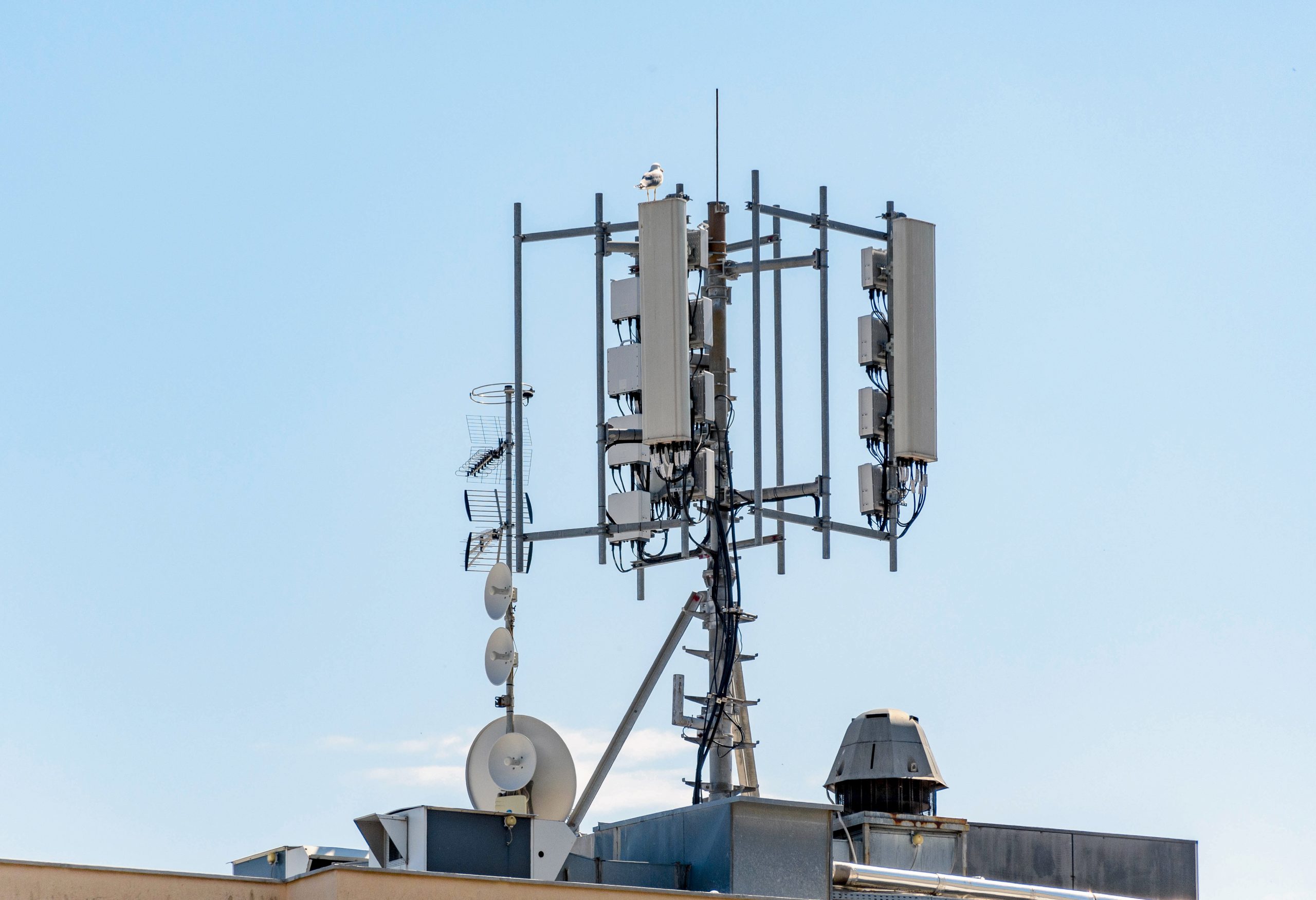If you own a property with a cell tower or rooftop antenna on it and are not receiving rent, there may be 5 reasons why.

Why Property Owners Stop Receiving Rent:
Leases with wireless carriers are considered high-risk and typically aren’t used as income by lenders for this reason. Over 99% of all wireless leases include an escape clause that allows the tenant to cancel their lease in 30-60 days for any reason; even if you have a 25-30 year lease!
As technology improves and regulations lessen, co-location of wireless sites will continue to lead to rent reduction requests or consolidation of locations to share resources. If you’ve stopped receiving rent, it may be the first sign that a re-negotiation is coming.
Here are the most common reasons why landlords or property owners of cell towers or rooftop antenna locations stopped receiving rent.
1. New Property Owner – No Notice Provided.
If you just purchased or inherited a property with a cell tower antenna, you are required to submit an ownership change or provide notice to the tenant. It could be that no information was provided to the carrier on where to re-direct lease payments. The funds could be still going to the prior owner or funds could have stopped being made until new information is provided. Carriers typically don’t proactively reach out for ownership changes and often just stop making payments in these situations since it’s the responsibility of the landlord to provide notice.
It could be as simple as contacting the tenant and providing proof of ownership documents to begin the rent redirection. A simple process, however, it could take 60-90 days for this process to be completed.
2. The Lease Was Sold
You may not be receiving any rent because at some point a prior owner Sold the lease to a tower company or they accepted a lump-sum payment from the carrier. This could have been done through a perpetual easement OR for a specific period of time, whereby the rights will at some point be returned to the current property owner.
A prior owner may have also excluded the antenna lease from a prior sale by creating a master lease or retaining the easement rights. If your title report doesn’t show the recording of an easement and memorandum of lease/easement, you may be entitled to rent for the lease.
We can assist in obtaining a copy of the legal documents, including the lease agreements, to determine what rights were retained and if any future rights may be reverted to the property owner.
Retaining the Cell Tower Income after Selling the Property
When you sell your lease agreement to a tower company, you receive a large upfront payment based on the current and potential rent that will be received. The nice part is that once you sell your lease, you will keep the full amount of the up-front lump sum; even if the tower company or wireless carrier terminates the lease at any time during the period for which the purchaser has the right to collect cell site rent on the property.
In other words, your cell site lease buyout unconditionally transfers the risk of termination to the purchaser with no strings attached.
3. End of Lease Renegotiation.
If your lease agreement is coming to an end, the carrier will likely contact you in advance to re-negotiate a rent at similar or lower terms. However, they often add additional restrictive language in their new leases.
If a lease is not negotiated, you may be in hold-over and the carrier or tower company may stop paying rent. This is a common problem because your lease has not been re-activated in their system with new terms OR you’ve gone to a revenue share that they’d prefer not to pay but instead negotiate a lower rent.
We’ve helped many property owners in this type of situation where owners were pushed to accept lower-than-market rents with restrictive language when the rent should have doubled and the escalator could have been increased to 3-4%! Don’t accept a new lease or amendment to your lease until it is reviewed by a consultant who’s on your side!
4. Rent Reduction Request:
You may have temporarily stopped receiving rent in an attempt to reduce or re-negotiate the current terms of your lease. If you received rent reduction notices from companies hired by Wireless Carriers, like Md7 (Verizon) and Blackdot (T-Mobile and AT&T), you may also stop receiving rent until terms are re-negotiated. If the site is not a future core site, they may take these aggressive steps as one of the attempts to retain the site without pushing to decommission.
The only way to find where your lease stands is to determine how essential to the wireless carriers by identifying the cell traffic requirement of the area, capacity of the current location, availability of surrounding cell sites, zoning code, and replacement cost. We can analyze your current location and assist with a fair and mutually beneficial long-term agreement.
5. Early Termination and Decommissioning.
Almost all wireless leases have early termination clauses (“escape clause”) that allow the tenant to cancel their leases with a 30-90 day notice. If you’ve received notice that your cell tower lease is going to be terminated early and the tower will be decommissioned. If you already received notice, there may not be much to save the terms of the lease, however, we can assist in making sure you’re provided with fair and accurate compensation.
Option to Terminate Cell Tower Rent
The infrastructure that built the digital age has transformed and wireless carriers have the ability to either terminate their contract or stop paying rent at almost anytime. It is important to understand your current lease agreement and know the options the wireless carrier has. When deciding to terminate a wireless lease, they will often start by trying to renegotiate rents if there is still a need for your tower site. Knowing the current regulations of your town and nearby options they have to relocate service is crucial to your negotiation as a landlord.




